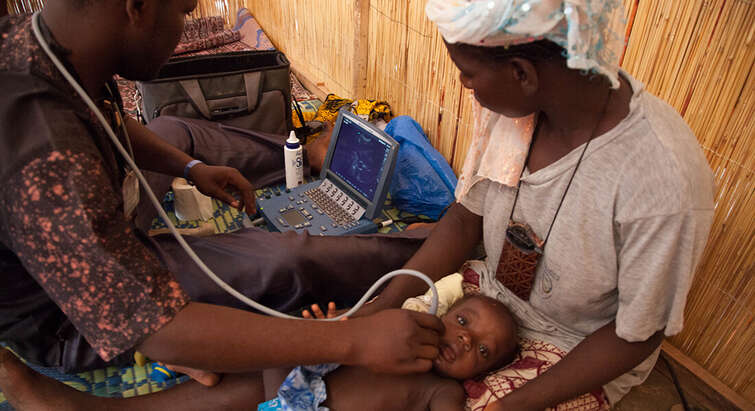
News about Food
Viser 145 til 168 af 172 dokumenter.


Satellite images reveal a nexus between war, cropland abandonment and food insecurity in South Sudan
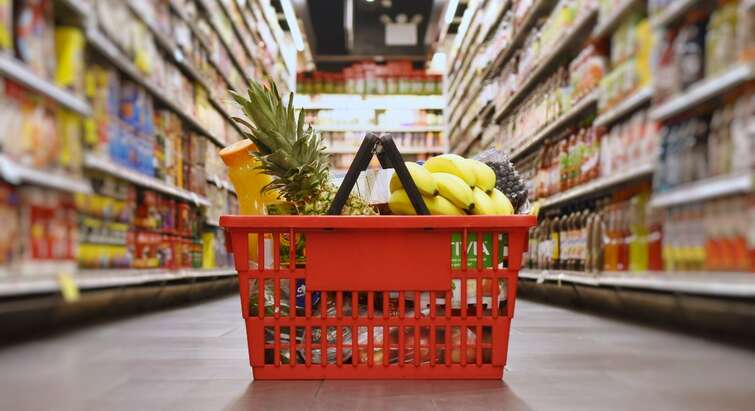
Healthy shopping peaks in January

Food scientist wants to create data model for personalised dietary recommendations

New grant from VELUX FONDEN – Fighting food waste
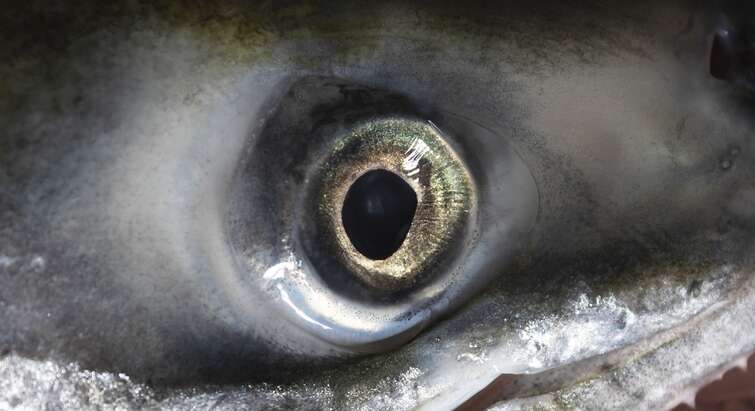
We prefer farmed salmon – as long as we don't know what we're eating

Danes have reduced meat consumption – but we lag behind other Europeans

Danish children love fish, but eat it all too rarely

Robots can improve agriculture, but old laws stand in the way

Farmers' share of food prices has fallen

Ancient riddle solved: Danish researchers find a way to make faba beans safe for all to eat

Ancient riddle solved: Danish researchers find a way to make faba beans safe for all to eat
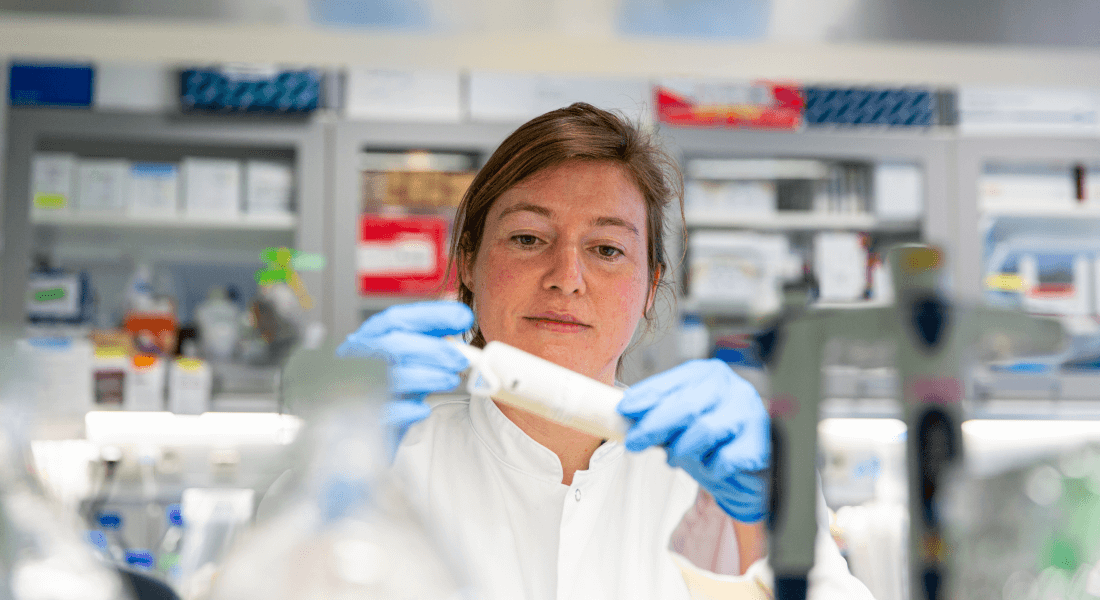
New in ISBUC: Eva Kummer

The sense of smell in older adults declines when it comes to meat, but not vanilla

Researchers show new holistic approach to genetics and plant breeding
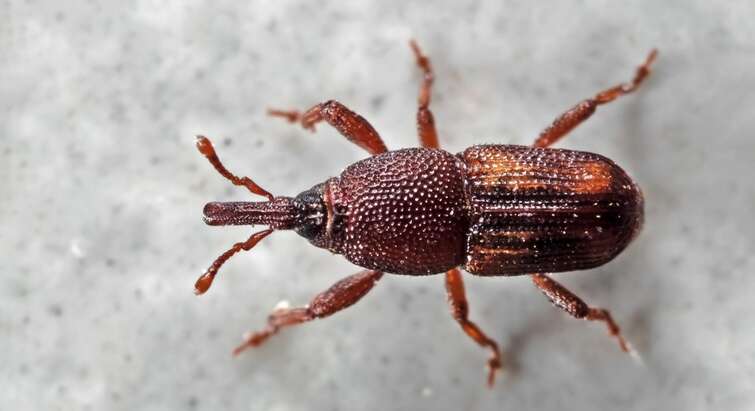
Beetles that pee themselves to death could be tomorrow’s pest control
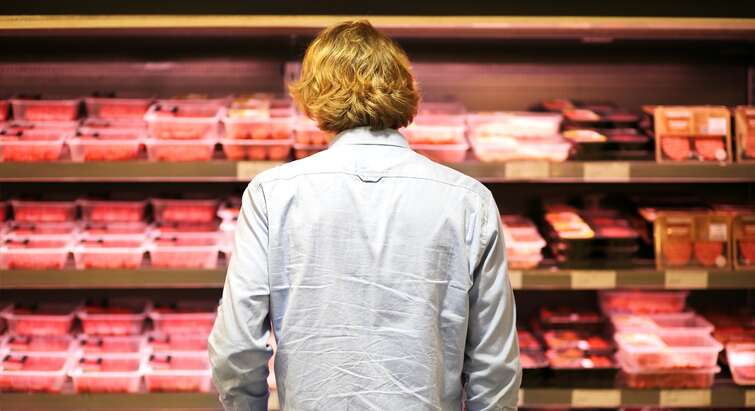
Climate labeling reduces our CO2 footprint — even for those who willfully attempt to remain uninformed

LITTLE NINJA protein helps crops grow more side shoots
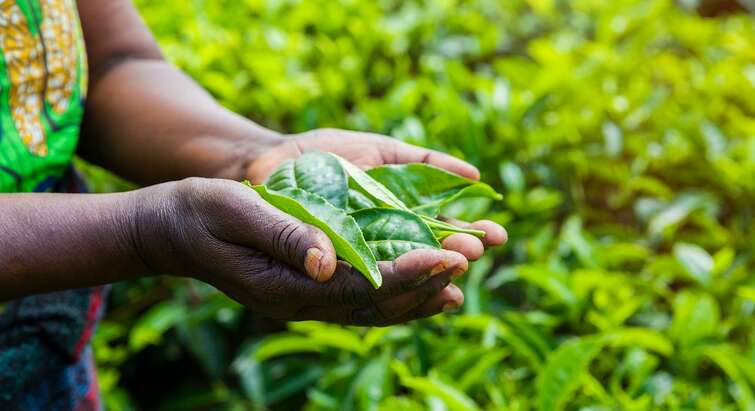
Researchers discover how to control zinc content in plants: Could help the world’s malnourished

New study: Which beverages burst with umami potential?
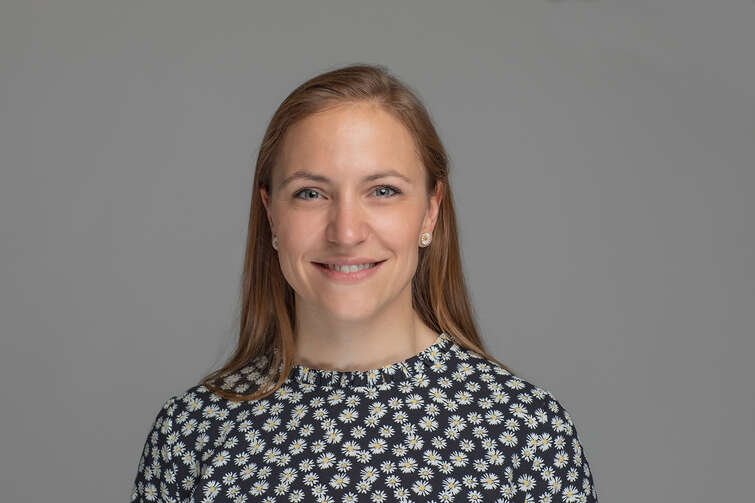
Feature Interview: Henriette Elisabeth Autzen

Danish and Chinese tongues taste broccoli and chocolate differently

Sociologists to investigate experiences with climate-friendly food
